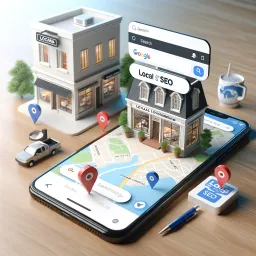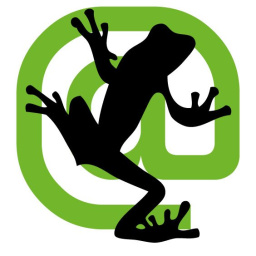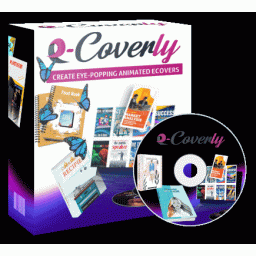Engaging Headlines and Descriptions
by Abbs
Posted on 2023-05-16 21:56:36
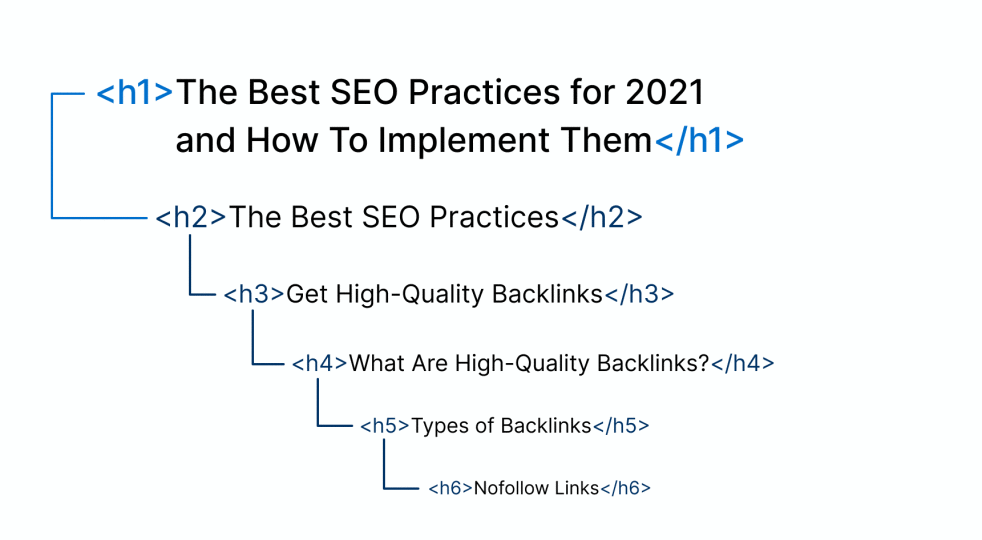
Crafting engaging headlines is crucial for attracting readers, improving engagement rates, and optimizing your content for search engines. Explore the significance of headlines and learn tips for creating attention-grabbing titles. Discover how to keep your headlines concise, incorporate strong action words, utilize numbers and data, focus on the benefits, and experiment with different formats. Craft effective headings that captivate your target audience and drive traffic to your website.
Writing Premium Meta Descriptions
Meta descriptions are an important element of on-page SEO that frequently get overlooked. While they might not have a direct influence on your website's online search engine rankings, they play an important function in driving click-through rates from search engine results pages (SERPs). A meta description is a short summary of your websites's content that appears in search engine results under the page title.
TIP:Unlock the secret to higher rankings: Craft compelling meta titles and descriptions that entice clicks!
Why Are Meta Descriptions Important?
Meta descriptions are very important due to the fact that they provide a picture of your websites's content to prospective visitors. A well-crafted meta description can attract users to click through to your site, increasing your organic traffic. In addition, Google may utilize the meta description as a featured bit in search results page.
Composing Reliable Meta Descriptions
When writing meta descriptions, it is essential to keep a couple of best practices in mind.
Be Clear and Concise
Your meta description must be a clear and succinct summary of your websites's content. Avoid vague language or clickbait titles, and rather concentrate on accurately summarizing the bottom lines of your content. Remember that many online search engine will only display the first 155-160 characters of your meta description, so ensure to keep it short.

Include Relevant Keywords
While keywords in your meta description may not directly impact your online search engine rankings, they can assist users rapidly identify that your websites pertains to their search question. Consist of relevant keywords in your meta description to improve the opportunities of your page appearing in SERPs. Nevertheless, avoid keyword stuffing or packing a lot of keywords into your meta description.
Stick out from the Crowd
In order to drive click-throughs from SERPs, your meta description must be engaging and distinct. Highlight what sets your content apart from the competition, and offer users a factor to click through to your site.
Usage Active Voice
Using active voice in your meta description can make it more appealing and attractive to readers. Write your meta description in the active voice, using strong verbs and succinct language to grab readers' attention.
Avoid Replicate Meta Descriptions
Each page on your website ought to have an unique meta description that precisely shows the content on that page. Avoid using the same meta description for multiple pages, as this can confuse search engines and reduce the effectiveness of your meta descriptions.
TIP:Socialize your content! Encourage social sharing to increase visibility and drive more traffic.
Creating Engaging Headlines
One of the most vital components of any piece of content is the headline. A well-crafted heading can grab the reader's attention and lure them to click through to your content, while a poorly crafted one can result in low engagement rates.
Understanding the Importance of Headlines
Headings are the first impression that your content makes on your audience. They are the gateway to your content, and they need to be attention-grabbing and informative. A fantastic headline can make the distinction in between your content reading and shared, or it being ignored.
In addition, headings are likewise essential for SEO purposes. Search engines utilize headings to identify the significance and quality of your content. A well-optimized headline can improve your online search engine rankings, leading to more visibility and traffic for your website.
Tips for Crafting Engaging Headlines
Crafting a terrific heading takes skill and practice. Here are some suggestions to assist you create headlines that grab attention and motivate engagement:
-
Keep it concise: Your heading needs to be succinct and to the point. Preferably, it needs to disappear than 60 characters to ensure it does not get truncated in online search engine results.
-
Be clear and specific: Your heading needs to precisely reflect the content of your post. Avoid vague or misleading headlines that could lead to high bounce rates and low engagement.
-
Usage power words: Power words are convincing and psychological words that can grab the reader's attention and encourage them to act. Examples of power words consist of "proven," "ultimate," "complimentary," and "secret."
-
Use numbers: Consisting of numbers in your headline can make it more distinctive and increase its perceived value. For example, "10 " is more attention-grabbing than " "
-
Ask a question: Questions can pique the reader's interest and encourage them to keep reading. For example, "Are You Making These Common Heading Errors?" is more interesting than "Typical Heading Errors to Prevent."
-
Experiment with various formats: Don't hesitate to attempt different heading formats, such as lists, how-tos, and guides. Mix it up and see what works best for your audience.
Crafting Effective Headings
Headings play an essential function in recording the attention of your target audience. A well-crafted heading can lure readers to click through to your page, while an uninspired one can send them in other places. It's important to put in the time to craft headings that get attention and properly convey the content of your page.
Keep it concise
A great heading must be brief and to the point. Aim for a length of around 60-70 characters, as longer headings can be truncated in online search engine results. In addition to being concise, your heading needs to also be clear and easy to understand.
Use strong action words
Using strong action words can help your headlines stand out and grab attention. Words like "discover", "uncover", and "expose" can create a sense of intrigue and motivate readers to click through to get more information. Make sure to use action words that properly show the content of your page.
TIP:Don't bury the treasure! Optimize your site architecture for easy navigation and better user experience.
Incorporate numbers and data
Headings that consist of numbers and data can be especially efficient, as they communicate a sense of authority and proficiency. Including particular numbers and data can also assist readers understand the scope and importance of your content.
Concentrate on the benefits
Your headline needs to interact the benefits that readers will acquire from reading your content. Use language that highlights the value of your content, such as "10 Tips to Boost Your SEO Rankings" or "How to Double Your Website Traffic in 1 month".
Test and fine-tune
Creating effective headings is as much an art as it is a science. To discover the headings that resonate finest with your target audience, it is essential to test and improve your approach in time. Use tools like A/B testing to compare different headings and see which ones generate the most clicks and engagement.
Understanding Search Engine Crawling and Indexing
Before we dive into the specifics of optimizing page content, it is very important to understand how search engines crawl and index your site. Online search engine utilize specialized software application called crawlers (or spiders) to scan the pages of your site, analyze the content, and shop it in their index.
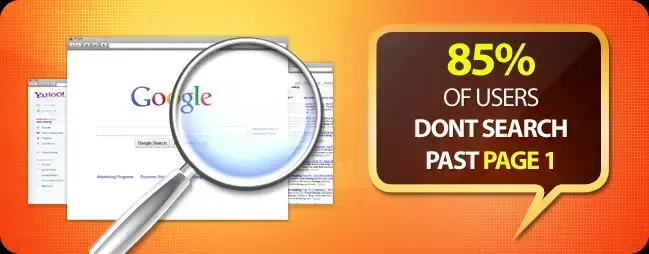
Once a page has been indexed, it becomes qualified to appear in search results. Nevertheless, not all pages are produced equivalent in the eyes of online search engine. To ensure your pages rank as high as possible, it is essential to optimize your content to fulfill the requirements that search engines use to assess page quality.
Selecting the Right Keywords
One of the most important aspects of optimizing page content is choosing the ideal keywords. Keywords are the terms and expressions that individuals use to search for content online, and they play an important role in determining whether your page will rank high in search engine result.
To choose the right keywords, you'll need to start by doing keyword research. This involves recognizing the terms and expressions that individuals are utilizing to search for content related to your subject. Once you have a list of prospective keywords, you can utilize a variety of tools to examine their capacity for driving traffic to your site.
When selecting keywords, it is necessary to concentrate on terms that are relevant to your content and most likely to attract high-quality traffic to your site. It's likewise important to think about the competitors for each keyword. Highly competitive keywords may be tough to rank for, so you might require to focus on less competitive terms to begin.
TIP:Say goodbye to thin content! Beef up your pages with valuable information and relevant keywords.
Writing High-Quality Content
Once you have actually identified the ideal keywords, the next action is to compose top quality content that includes those keywords. Your content should be well-written, helpful, and engaging, and it needs to provide value to your readers.
When composing your content, it is very important to keep your target market in mind. Consider the kinds of information they're trying to find, and utilize your content to provide answers to their questions and assist them resolve their problems.
In addition to providing value to your readers, your content ought to also be optimized for online search engine. This suggests integrating your keywords strategically throughout your content, consisting of in the title, meta description, headers, and body of your page.
Structuring Your Content for SEO
In addition to composing top quality content, it is essential to structure that content in such a way that makes it simple for online search engine to understand. This suggests using headings, subheadings, and bullet indicate separate your content into smaller, more manageable areas.
You should likewise use descriptive and keyword-rich titles for each section of your content, and make certain that your headers are formatted properly using HTML tags.
TIP:Content is king, but structure is queen! Format your posts with headings, subheadings, and bullet points.
Using Images and Videos to Enhance Your Content
Another method to optimize your page content for SEO is to include images and videos into your pages. This not just makes your content more appealing and visually appealing, but it can likewise help your pages rank higher in search engine result.
When utilizing images and videos, it is necessary to ensure that they're high-quality and relevant to your content. You need to likewise consist of descriptive titles and alt text for each image and video, using your target keywords where appropriate.
Optimizing your page content for SEO is a vital part of any successful on-page SEO strategy. Your content needs to provide value to your target market while likewise being enhanced for search engines to ensure that it is being discovered and ranked for relevant queries. Here are some essential ideas for optimizing your page content:
1. Focus on Your Target Keywords
When creating content for your website, it is essential to keep your target keywords in mind. These are the words and expressions that your target audience is utilizing to search for your services or products. Incorporating your target keywords into your content can help ensure that your page relates to these search queries and will rank higher in search engine results pages (SERPs).
However, it is essential to use keywords naturally and not stuff them into your content. Keyword packing can really harm your search rankings, as it's viewed as a spammy method. Utilize your target keywords in a manner that makes sense for your content and supplies value to your readers.
2. Write High-Quality Content
In addition to concentrating on your target keywords, it is essential to compose top quality content that offers worth to your target audience. Search engines prioritize content that matters and supplies value to users. This suggests that your content needs to be well-written, useful, and engaging.
Avoid creating thin content that lacks compound and does not provide value to your audience. Rather, aim to create extensive content that completely covers a topic and supplies beneficial information to your readers.
3. Use Headers and Subheaders
Headers and subheaders not only assist break up your content and make it much easier to read, but they also provide an important SEO benefit. Using headers and subheaders can assist online search engine better understand the structure of your content and the topics you're covering.
Include your target keywords in your headers and subheaders where it makes sense. This can assist improve the significance of your content for your target keywords and make it more likely that your page will rank higher in search engine results.
4. Optimize Your Images
Images can be a valuable addition to your page content, but they can likewise impact your SEO. It's important to optimize your images for online search engine by using descriptive file names and alt tags that include your target keywords.
In addition, make sure that your images are correctly sized and compressed to ensure that they do not decrease your page speed.
5. Use Internal Linking
Internal connecting is an important element of on-page SEO that can assist improve the user experience on your website and help online search engine better understand the structure of your content. By connecting to other relevant pages on your website, you can help users discover extra information and improve the general circulation of your content. for example here is an internal link to our on page seo category page where you can find all articles related to on page seo.
In addition, internal linking can assist spread out link equity throughout your website, which can improve the ranking capacity of all your pages.
Conclusion
Optimizing your page content for SEO is an essential part of any effective on-page SEO strategy. By concentrating on your target keywords, writing high-quality content, utilizing headers and subheaders, optimizing your images, and utilizing internal connecting, you can improve the significance and ranking potential of your content.
Crafting appealing headings is an important part of on-page SEO. By keeping your headings concise, integrating strong action words, using numbers and statistics, concentrating on the advantages, and testing and refining your method over time, you can create headlines that catch the attention of your target audience and drive traffic to your website.
Crafting interesting headlines is essential for bring in readers, enhancing engagement rates, and optimizing your content for search engines. By following these ideas and explore different formats, you can create headlines that get attention and encourage your audience to continue reading.
Composing top quality meta descriptions is an important element of on-page SEO that can have a substantial influence on your website's organic traffic. By following these best practices and crafting engaging, succinct, and distinct meta descriptions, you can increase your click-through rates and drive more traffic to your site.
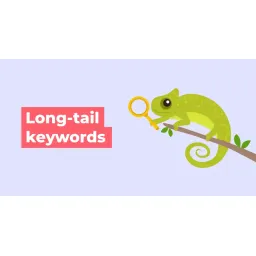 What Are Long-Tail Keywords and Why Should You Utilize Them?
In the ever-evolving world of Seo (SEO
What Are Long-Tail Keywords and Why Should You Utilize Them?
In the ever-evolving world of Seo (SEO
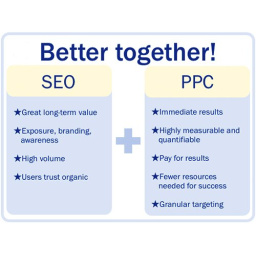 Making Use Of Paid Advertising for SEO
While organic search traffic is essential for any website, i
Making Use Of Paid Advertising for SEO
While organic search traffic is essential for any website, i
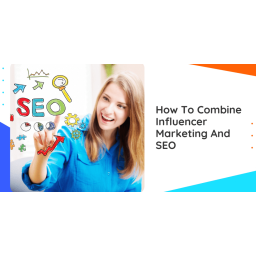 Using Influencer Marketing for SEO
Influencer marketing has actually become a popular strategy for
Using Influencer Marketing for SEO
Influencer marketing has actually become a popular strategy for
